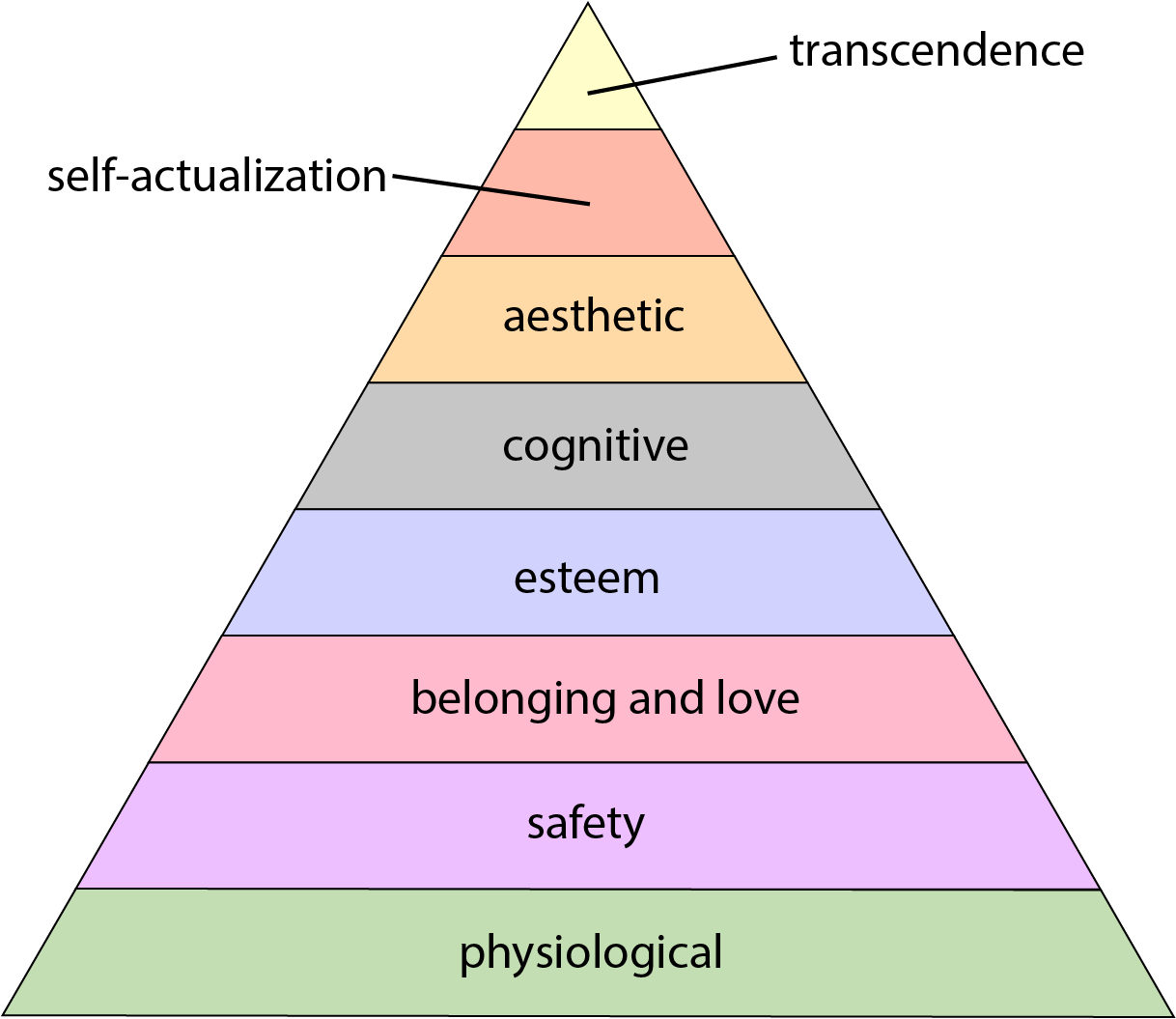|
Motivating Operation
Motivating operation (MO) is a behavioristic concept introduced by Jack Michael in 1982. It is used to explain variations in the effects in the consequences of behavior. Most importantly, an MO affects how strongly the person is reinforced or punished by the consequences of their behavior. For example, food deprivation is a motivating operation; if a person is hungry, food is strongly reinforcing, but if a person is satiated, food is less reinforcing. In 2003 Laraway suggested subdividing MOs into those that increase the reinforcing or punishing effects of a stimulus, which are termed establishing operations, and MOs that decrease the reinforcing or punishing effects of a stimulus, which are termed abolishing operations. Theory The concept of motivating operation deals with the observation that behavior depends not only on the stimuli present in the current situation and the organism's past experience with those stimuli, but also on the organism's recent past history of deprivat ... [...More Info...] [...Related Items...] OR: [Wikipedia] [Google] [Baidu] |
Behaviorism
Behaviorism is a systematic approach to understanding the behavior of humans and animals. It assumes that behavior is either a reflex evoked by the pairing of certain antecedent stimuli in the environment, or a consequence of that individual's history, including especially reinforcement and punishment contingencies, together with the individual's current motivational state and controlling stimuli. Although behaviorists generally accept the important role of heredity in determining behavior, they focus primarily on environmental events. Behaviorism emerged in the early 1900s as a reaction to depth psychology and other traditional forms of psychology, which often had difficulty making predictions that could be tested experimentally, but derived from earlier research in the late nineteenth century, such as when Edward Thorndike pioneered the law of effect, a procedure that involved the use of consequences to strengthen or weaken behavior. With a 1924 publication, John B. Wats ... [...More Info...] [...Related Items...] OR: [Wikipedia] [Google] [Baidu] |
Jack Michael
Jack Michael (January 16, 1926 – November 12, 2020) was an American psychologist and professor at Western Michigan University. He developed one of the first token economies, the concept of motivating operations (MOs), and is a pioneer of what is now referred to as applied behavior analysis (ABA, also called behavioral engineering). Early life Michael, named John Lester Michael, was born on January 16, 1926, in Los Angeles, California. He had no siblings. His father Lester Lioniel was an automobile mechanic and his mother Willie did not work outside of the home. He lived in a lower-middle-class neighborhood near downtown L.A. from the time he was 5 years old until he was drafted into the army at 18. As a youth, he joined an inner city Hispanic gang but avoided fights, protected by members who needed his help with their own schoolwork. He developed an early love of reading, accompanying his mother to the library on Saturdays. He attended elementary school from 1931 to 1937, Juni ... [...More Info...] [...Related Items...] OR: [Wikipedia] [Google] [Baidu] |
Maslow's Hierarchy Of Needs
Maslow's hierarchy of needs is an idea in psychology proposed by American psychologist Abraham Maslow in his 1943 paper "A Theory of Human Motivation" in the journal ''Psychological Review''. Maslow subsequently extended the idea to include his observations of humans' innate curiosity. His theories parallel many other theories of human developmental psychology, some of which focus on describing the stages of growth in humans. The theory is a classification system intended to reflect the universal needs of society as its base, then proceeding to more acquired emotions. The hierarchy of needs is split between deficiency needs and growth needs, with two key themes involved within the theory being individualism and the prioritization of needs. While the theory is usually shown as a pyramid in illustrations, Maslow himself never created a pyramid to represent the hierarchy of needs. The hierarchy of needs is a psychological idea and also an assessment tool, particularly in educatio ... [...More Info...] [...Related Items...] OR: [Wikipedia] [Google] [Baidu] |
Behaviorism
Behaviorism is a systematic approach to understanding the behavior of humans and animals. It assumes that behavior is either a reflex evoked by the pairing of certain antecedent stimuli in the environment, or a consequence of that individual's history, including especially reinforcement and punishment contingencies, together with the individual's current motivational state and controlling stimuli. Although behaviorists generally accept the important role of heredity in determining behavior, they focus primarily on environmental events. Behaviorism emerged in the early 1900s as a reaction to depth psychology and other traditional forms of psychology, which often had difficulty making predictions that could be tested experimentally, but derived from earlier research in the late nineteenth century, such as when Edward Thorndike pioneered the law of effect, a procedure that involved the use of consequences to strengthen or weaken behavior. With a 1924 publication, John B. Wats ... [...More Info...] [...Related Items...] OR: [Wikipedia] [Google] [Baidu] |
